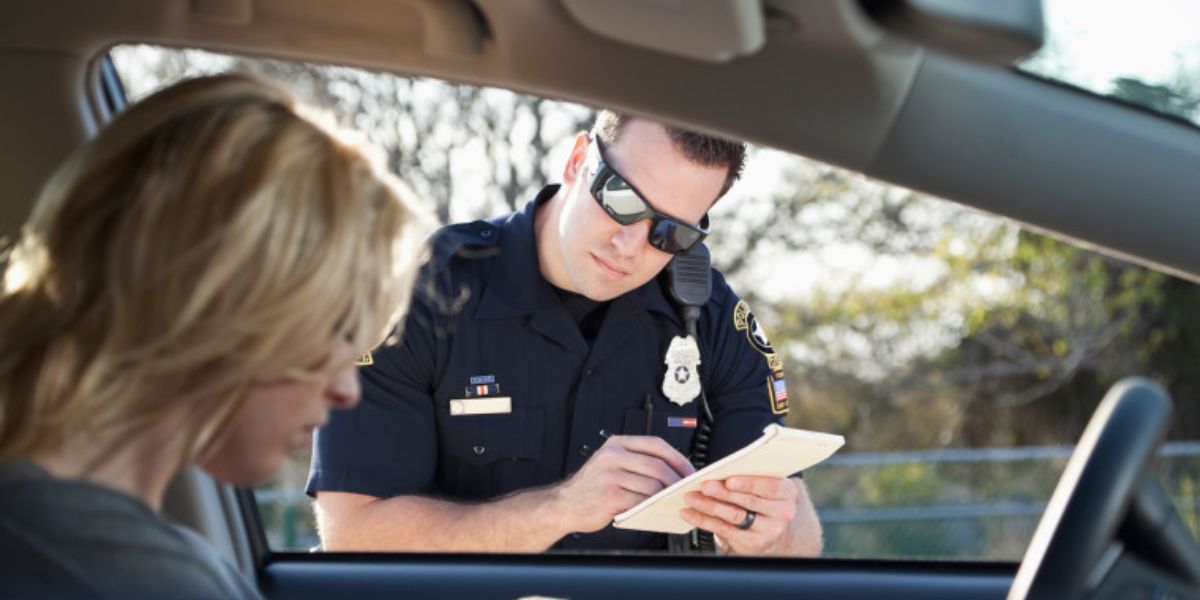Calling in a fake 911 emergency in Georgia? It could now land you a felony record. A new law raises the stakes for anyone caught “swatting.”
In a Major Shift, Georgia Elevates Swatting to a Felony Crime
Georgia has officially raised the penalty for swatting—a dangerous act of making false emergency calls that lead to police or SWAT teams showing up at someone’s home or business.
Under the new law, anyone convicted of swatting will now face a felony charge instead of a misdemeanor.
This change comes after a string of high-profile incidents, where public officials in Georgia were targeted in false emergency hoaxes, drawing police to their homes in force.
What the New Law Means for You
➤ Swatting is now a felony in Georgia—with tougher sentencing and long-term consequences
➤ Convicted offenders may face prison time, fines, and a permanent criminal record
➤ The law applies to false reports made to 911 or any emergency dispatch service
➤ Lawmakers say it’s a response to the growing threat and trauma these fake calls cause
Swatting is not a prank. It’s a potentially deadly misuse of emergency services.
Why Georgia Made the Change
Law enforcement and lawmakers agree: the stakes are too high to treat swatting as a minor offense.
Swatting drains police resources
Puts innocent lives at risk
Can lead to violent encounters, especially during false active shooter or hostage reports
💬 “We’ve seen firsthand how dangerous these calls can be,” said a Georgia Public Safety official. “One wrong move at the door, and someone could be hurt—or worse.”
What Counts as Swatting?
Examples of swatting include:
➤ Falsely reporting a bomb threat or active shooter
➤ Calling 911 to claim someone is in immediate danger when they are not
➤ Pretending to be a victim in a life-threatening scenario
➤ Using anonymous apps or spoofed numbers to avoid detection
Even calling as a joke or prank could now result in serious legal consequences under the new law.
What Georgia Residents Should Know
- This applies statewide—including cities like Atlanta, Savannah, Macon, and Augusta
- Law enforcement is urging residents to report suspicious calls or hoaxes
- Youth and teenagers could face adult charges in serious swatting incidents
- Schools, influencers, gamers, and streamers are at increased risk of being targeted
Final Takeaway
Swatting is no longer just a slap on the wrist in Georgia—it’s a felony. The new law sends a clear message: fake emergencies are real crimes with real consequences.
This piece was written by Mary Berg. Light AI tools assisted with grammar checks and layout polish. All editorial decisions and wording remain fully human and original.



